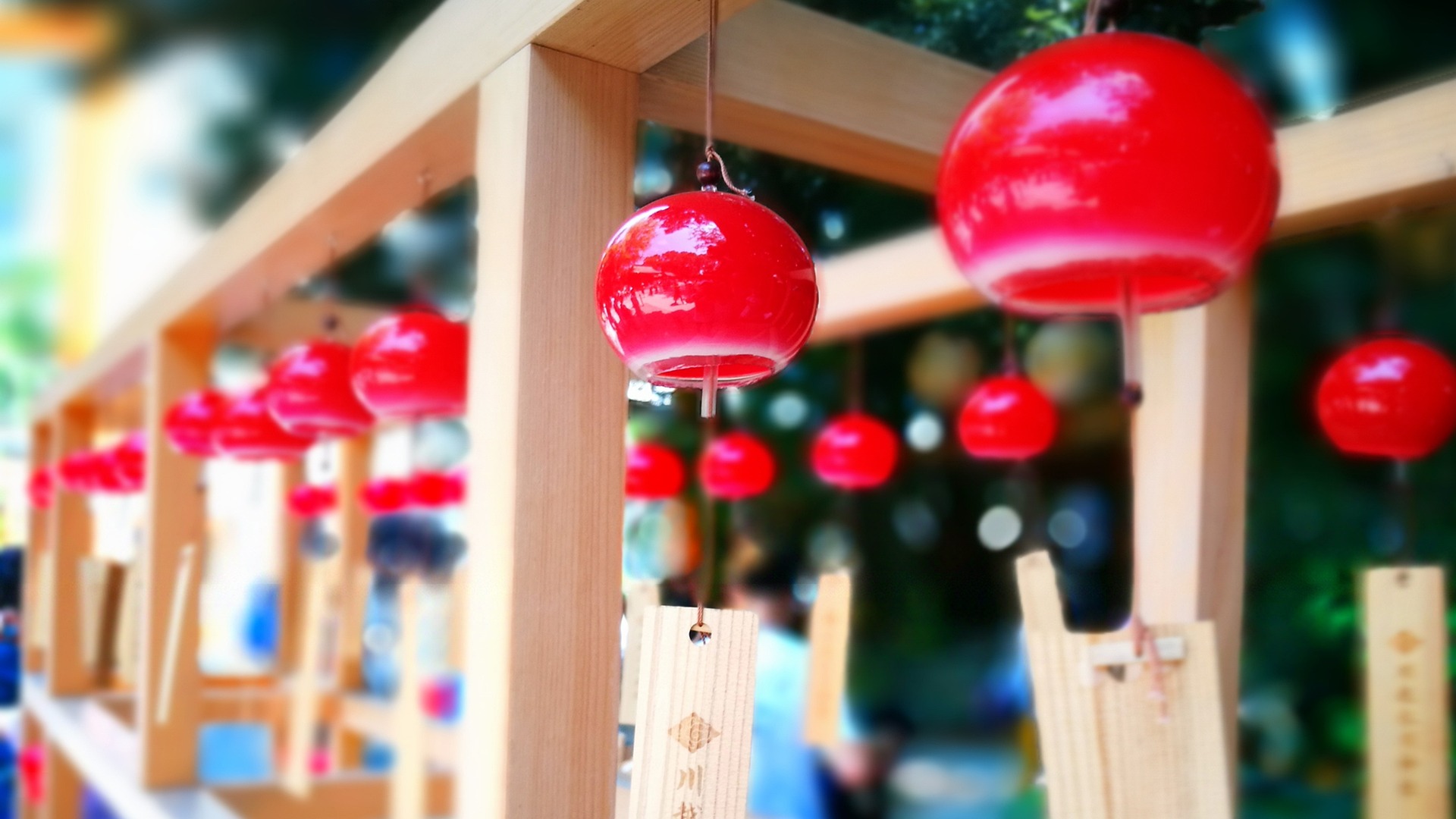Memorial wind chimes have become a popular way to honor and remember loved ones who have passed away. These beautiful and melodic instruments remind us of those we have lost, bringing comfort and peace to our hearts. However, there is much more to these delicate chimes than meets the eye. This blog post will explore five fascinating facts about memorial wind chimes you may not have known before. From their ancient origins to modern uses, prepare to be intrigued by these captivating facts about memorial wind chimes.
The deep history and cultural significance of wind chimes
Wind chimes originated in Ancient China as early as 3000 B.C., serving as musical instruments and spiritual and protective charms. Buddhist monks used them in rituals, promoting peace and tranquility. Over centuries, the use of wind chimes spread worldwide, with different cultures attributing them various meanings, such as warding off evil spirits or attracting prosperity. Today, memorial wind chimes carry a deep cultural significance, transforming ancient beliefs into a modern, heartfelt tribute to lost loved ones.
The melodic language of memorial wind chimes
Each note that a memorial wind chime produces has a unique story. The soothing tones they create are often a result of careful tuning, making them more than just a random collection of sounds. Many people use wind chimes for funeral services, as their harmonious melodies can provide a comforting presence amidst the sorrow of loss. It’s not uncommon to find these chimes tuned to specific scales or notes, each carrying a unique symbolic meaning.
For instance, some wind chimes are tuned to play the “Amazing Grace” hymn, a well-known song often played at funerals and memorial services. Others may replicate a church bell’s resonating tone as a gentle reminder of the spiritual connection shared with the deceased. Thus, each chime’s melodic language is a profound expression of remembrance, adding a serene layer to the tribute for a departed loved one.
The symbolism in the materials and design
The materials and design of memorial wind chimes often carry symbolic significance. Wood symbolizes growth, strength, and eternity, while metals like brass or silver signify purification and clarity. The number of chimes, or tubes, also has meanings, often correlating to spiritual or numerological beliefs. Incorporating personalized symbols or engraving, like doves or angel wings, adds emotional significance to these pieces, creating a deeply personalized memorial object.
Read: Breaking Barriers: Diversity and Inclusion in the Entertainment Industry
Personalization options for a unique tribute
Memorial wind chimes can be customized to create a unique tribute to a loved one. Personal touches can include engraved names, dates, or special messages on the chimes. Some even add a loved one’s photo or select a wind chime design incorporating symbolic icons, like hearts or crosses. You could also choose chimes tuned to play a significant melody or song with a special meaning. These personalization options enable the creation of a significant memento that resonates with the memory of the deceased.
The therapeutic impact of memorial wind chimes
The soothing tones of memorial wind chimes can be therapeutic, aiding in grief management. Listening to their gentle melodies can bring solace and healing, providing a connection to the departed. The chimes serve as a comforting, auditory reminder of cherished memories, helping individuals cope with loss. Memorial wind chimes can be integral to emotional healing through their harmonious sounds and the tranquility they promote.
Memorial wind chimes are aesthetically pleasing and carry a deep history, cultural significance, and a melodic language of remembrance. Their customization options and therapeutic impacts make them a unique and comforting tribute to our departed loved ones. They beautifully capture the essence of the connection we shared with them, creating a living memory that continues to resonate in our hearts.
